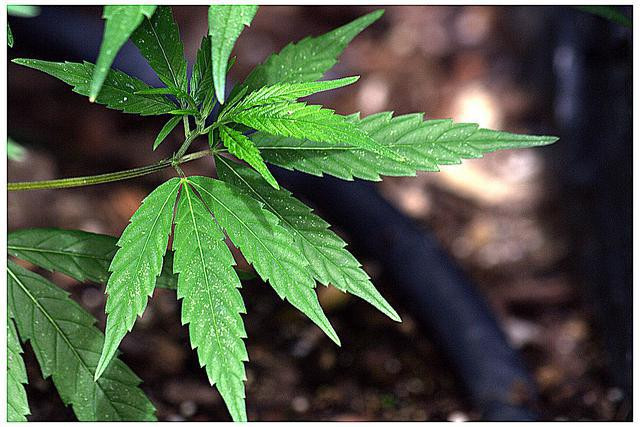Voted on Thursday, the law benefits patients suffering from chronic pain, nausea or vomiting caused by chemotherapy or muscle spasms related to multiple sclerosis.
“I am pleased that the [Chamber of Deputies] has agreed with the bill to legalise access to cannabis for medical purposes. The medical use of cannabis is an important step in our efforts to reduce the pain and suffering of some patients, where usual treatments do not allow it or more,” health minister Lydia Mutsch said.
The law was criticised by pro-cannabis campaigner Dr Jean Colombera, who was investigated in 2012 for allegedly prescribing cannabis-based drugs. He said the law was too conservative and the scope of people eligible for treatment should be wider.
“I have the impression it will only be used for people whose illnesses are too advanced… For me it should be used well before they reach this stage,” he said in an interview with Delano. “Cannabis medicines can be used to treat a far larger number of illnesses…for example if you’ve problems sleeping or depression or pain.”
Psychologist Dr Fränz D’Onghia was sceptical about the use of the new drugs for illnesses such as depression. He told Delano:
“I would say there are a lot of good medicines helping people with depression. We don’t need cannabis as a replacement for these medicines, that’s my position. Depression can be treated with psychotherapy social intervention and of course with pharmaceutical therapies.”
Special training for GPs
Under the law, only specialist doctors and GPs who have completed a specific training course will be permitted to prescribe the new list of cannabis-based drugs in Luxembourg, which will be available from pharmacies at the country’s four hospitals. A review will be conducted two years after the law enters into force after which the government will decide whether or not to expand the list of illnesses and symptoms that will be eligible for the therapy.
Dr Colombera said the success of the law depended largely on whether doctors accepted to prescribe the new therapies. He added that pressure from the pharmaceutical industry often went against cannabis-based therapies because it would “see lots of traditional medicines disappear and that will hurt them in the wallet.”
Addictologist and psychotherapist Dr Claude Bollendorff told Delano:
“Obviously, I welcome the law, but why not adopt the model of our big German neighbur who legislated in 2017? Cannabis medicine opens new perspectives in many diseases, including chronic pain. But it is also a complicated medicine, very individual and flexible, since the plant contains more than 500 molecules.”
How much of an impact the law will have on patients in Luxembourg remains unclear since patients already have access to cannabidiol or CBD drugs. Research suggests this non-psychoactive cannabinoid offers therapeutic benefits for epilepsy, depression, anxiety, chronic and neuropathic pain, diabetes, ADHD, autistic spectrum disorder, cancer and osteoporosis, among others. Currently its supply in the country is limited, but Dr Colombera said patients order it online from abroad.
